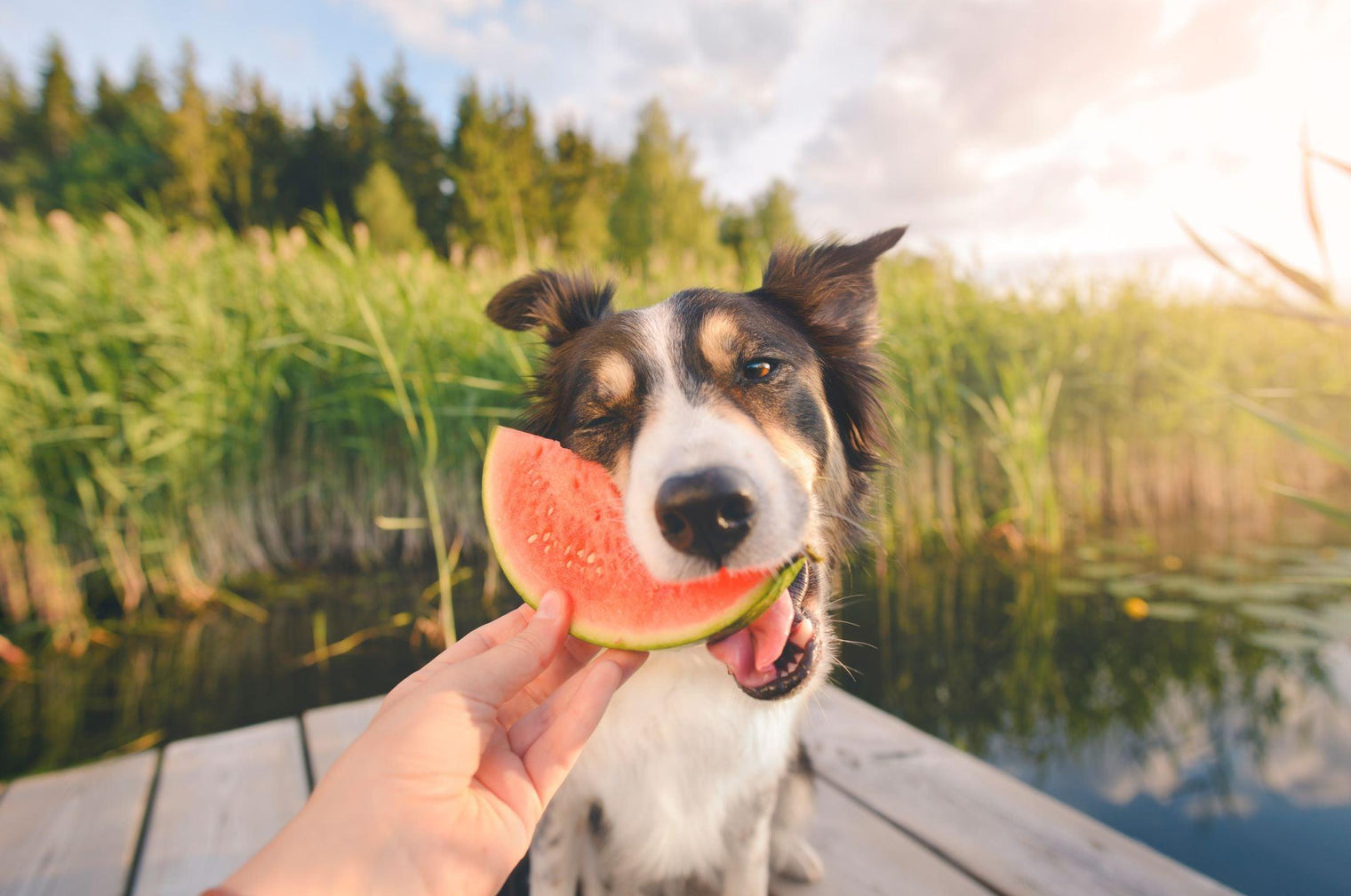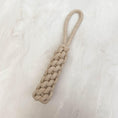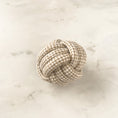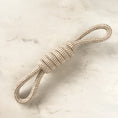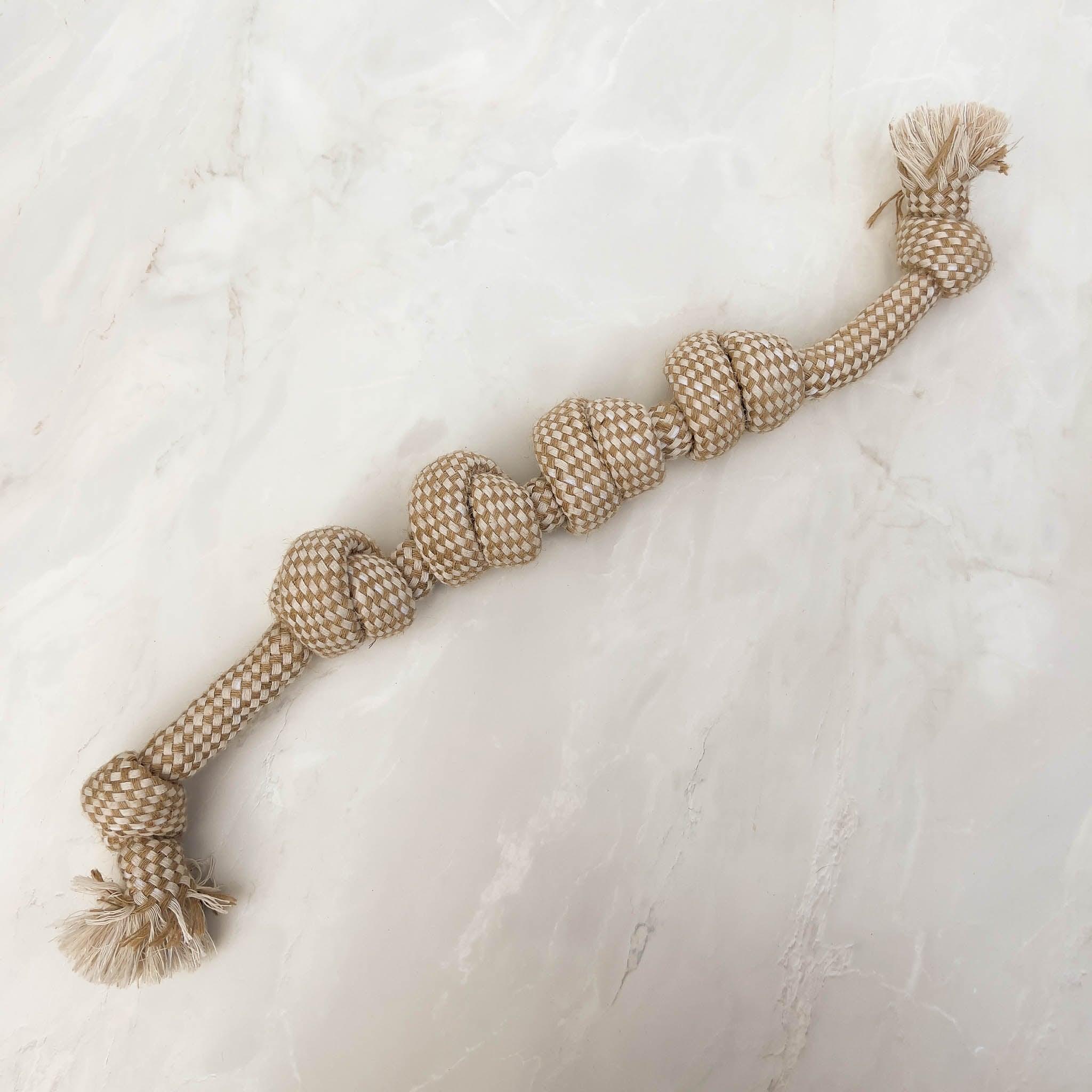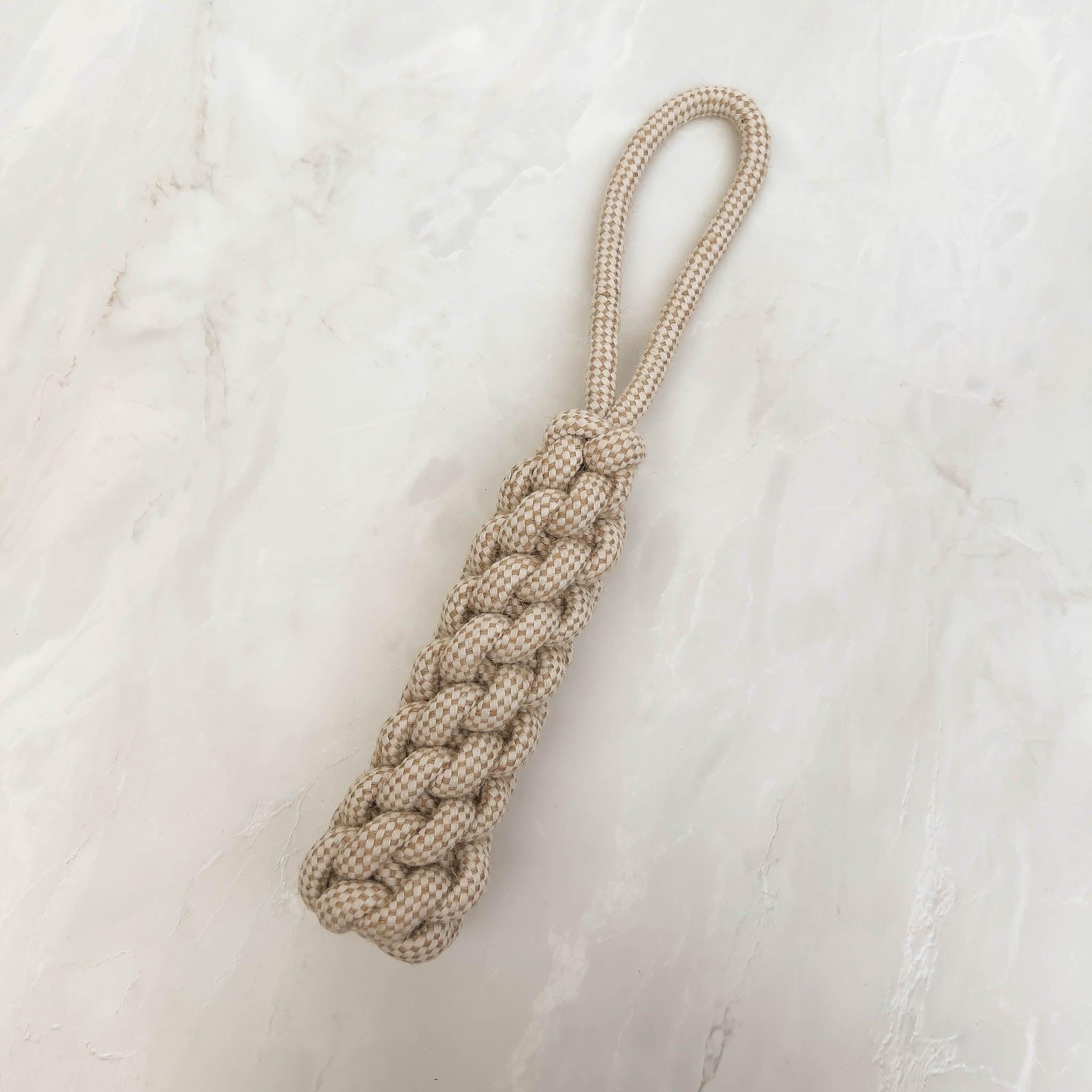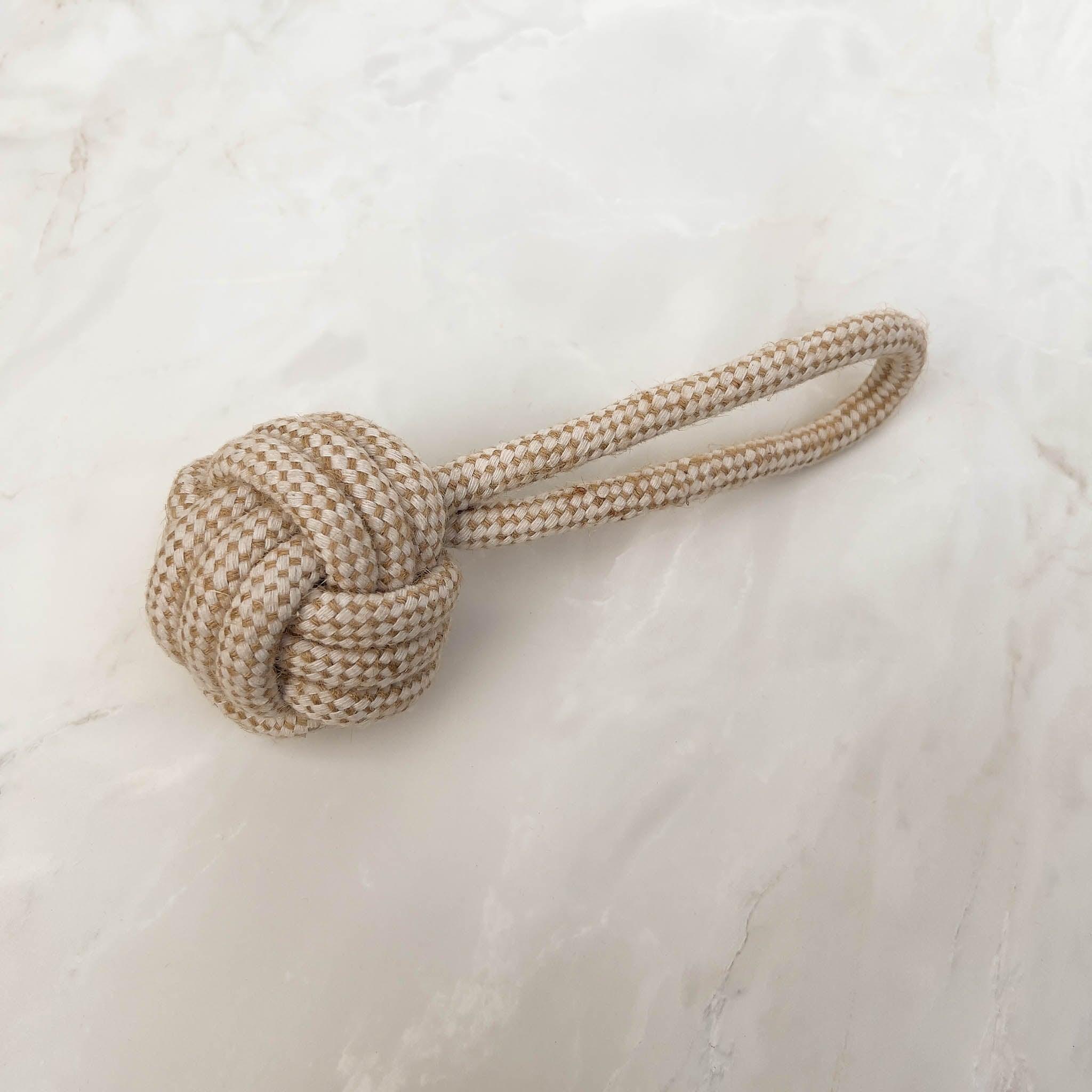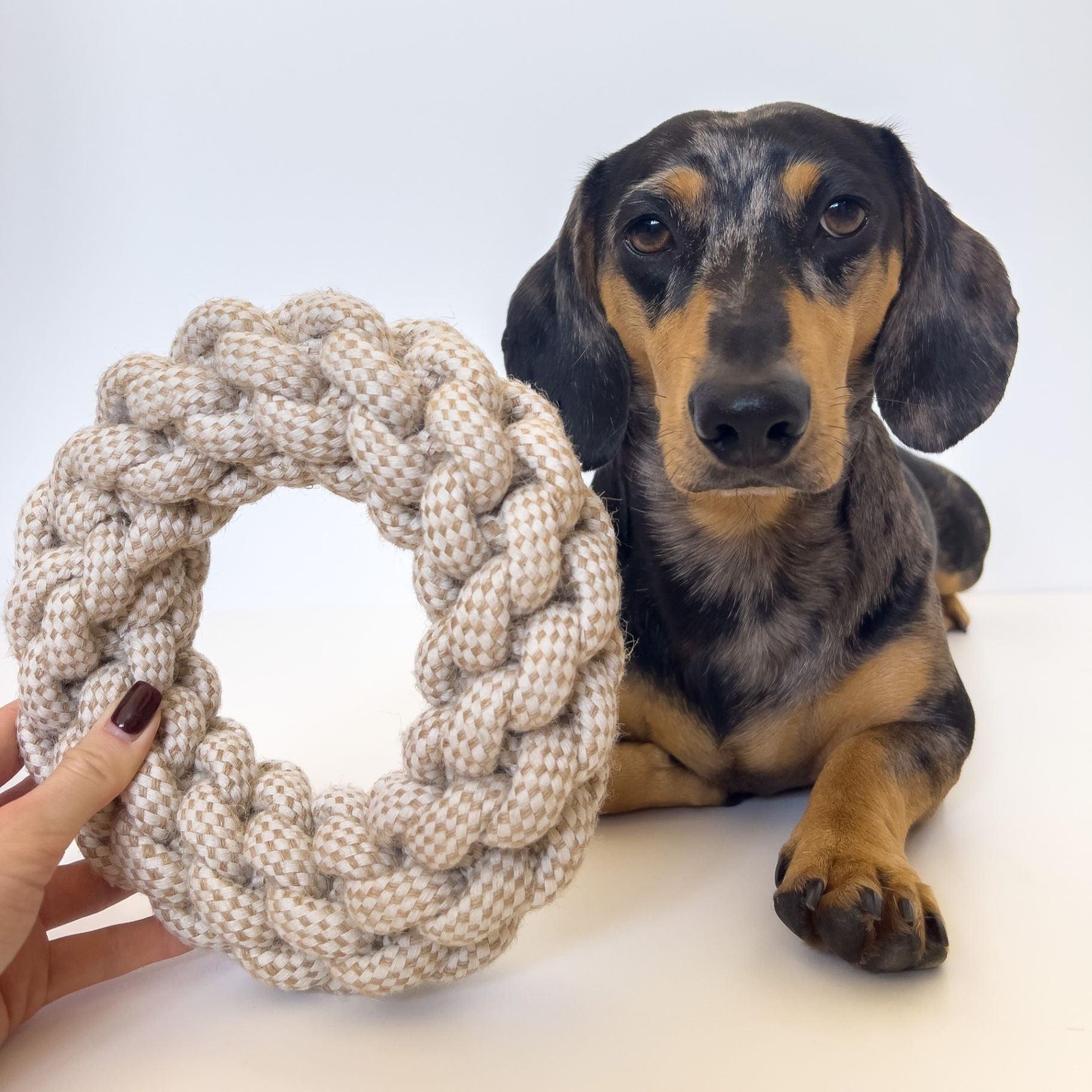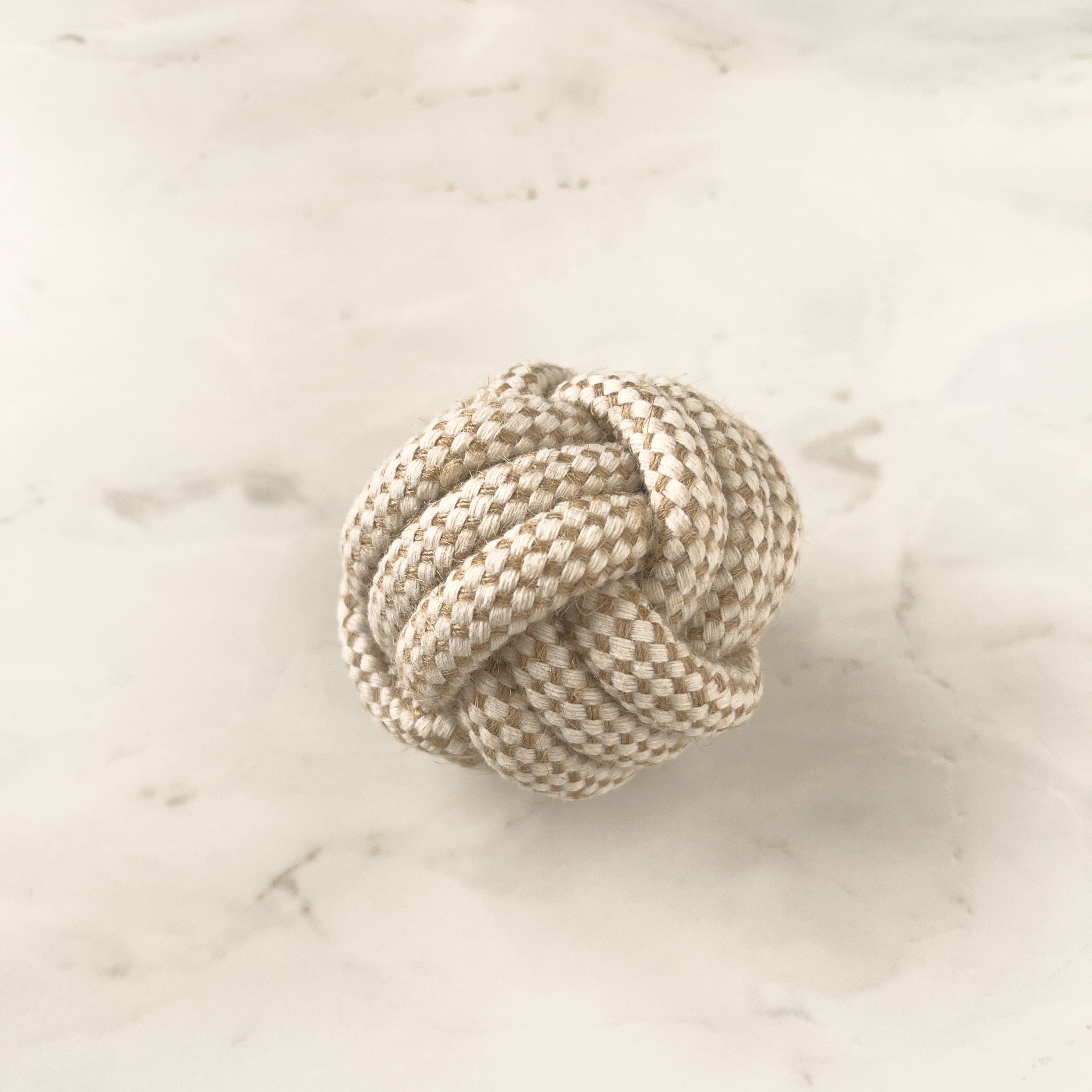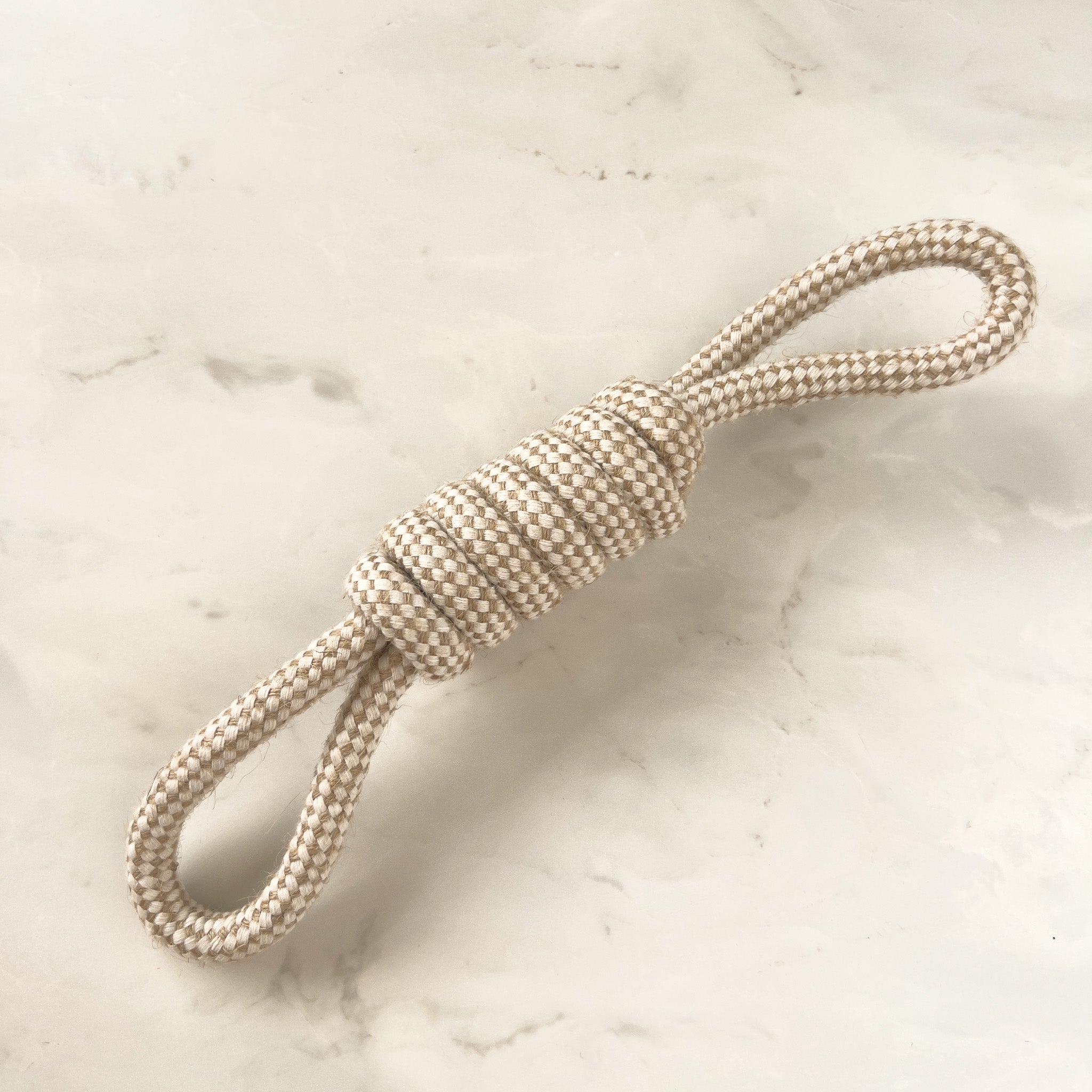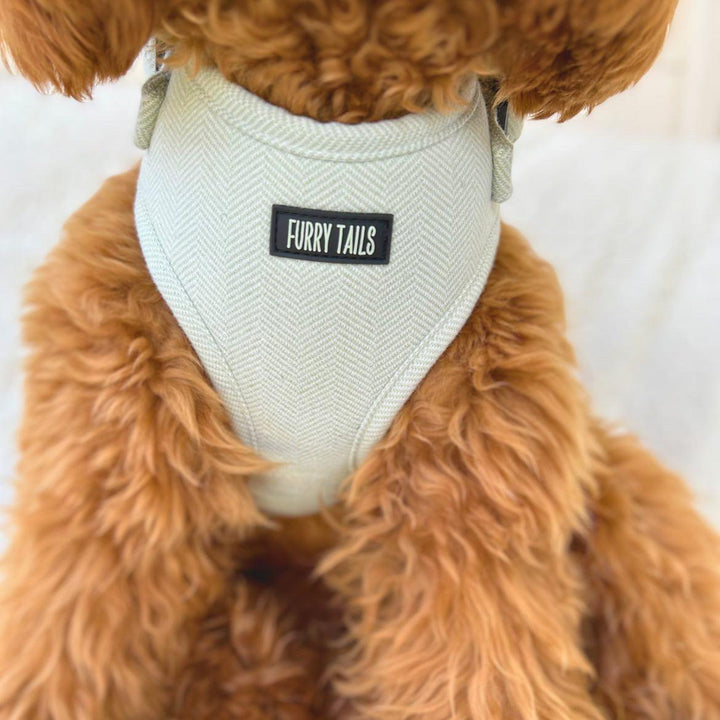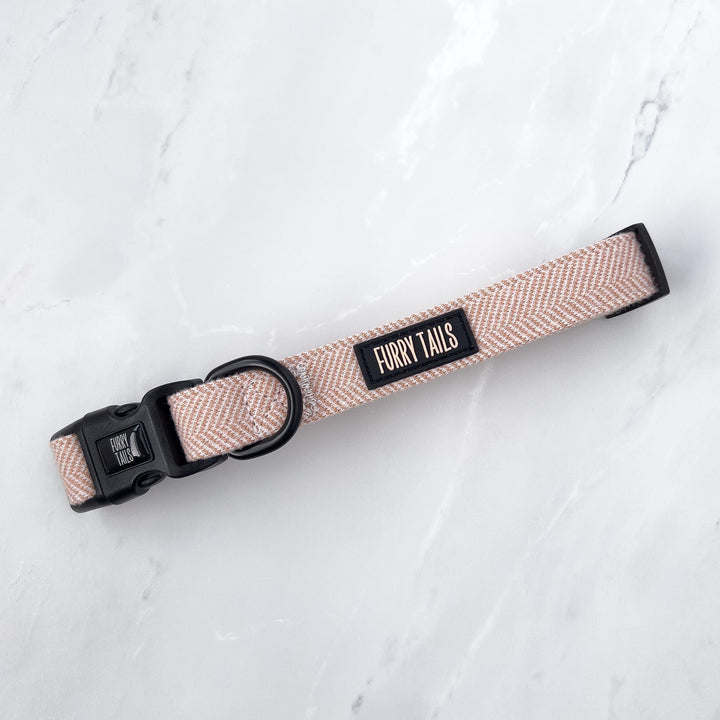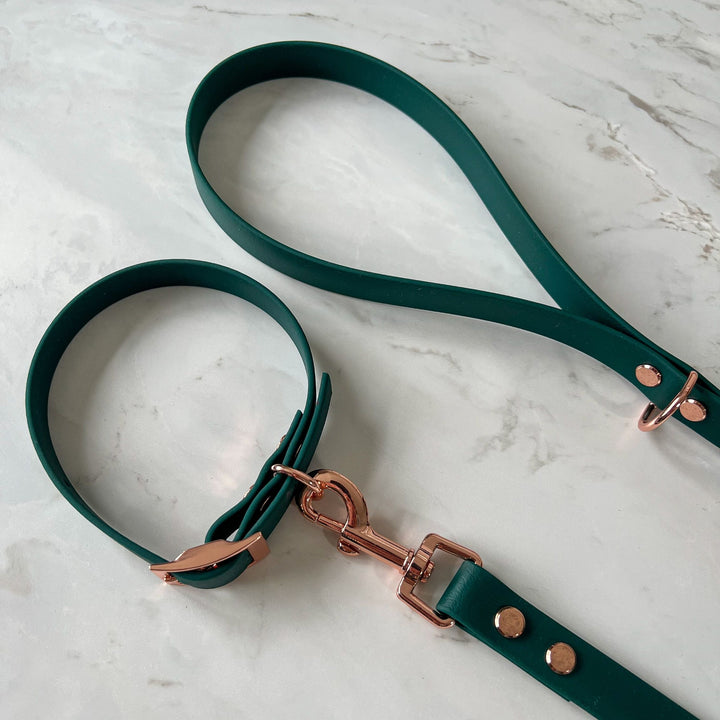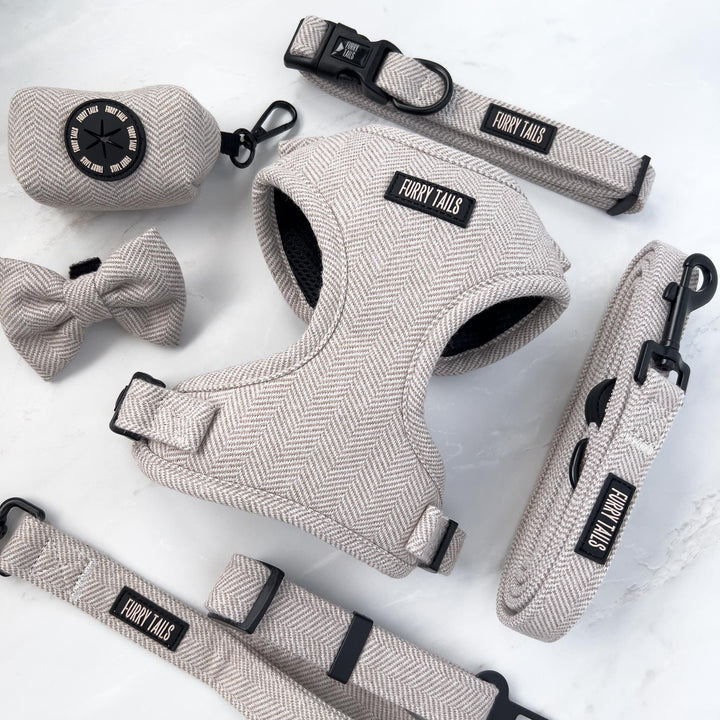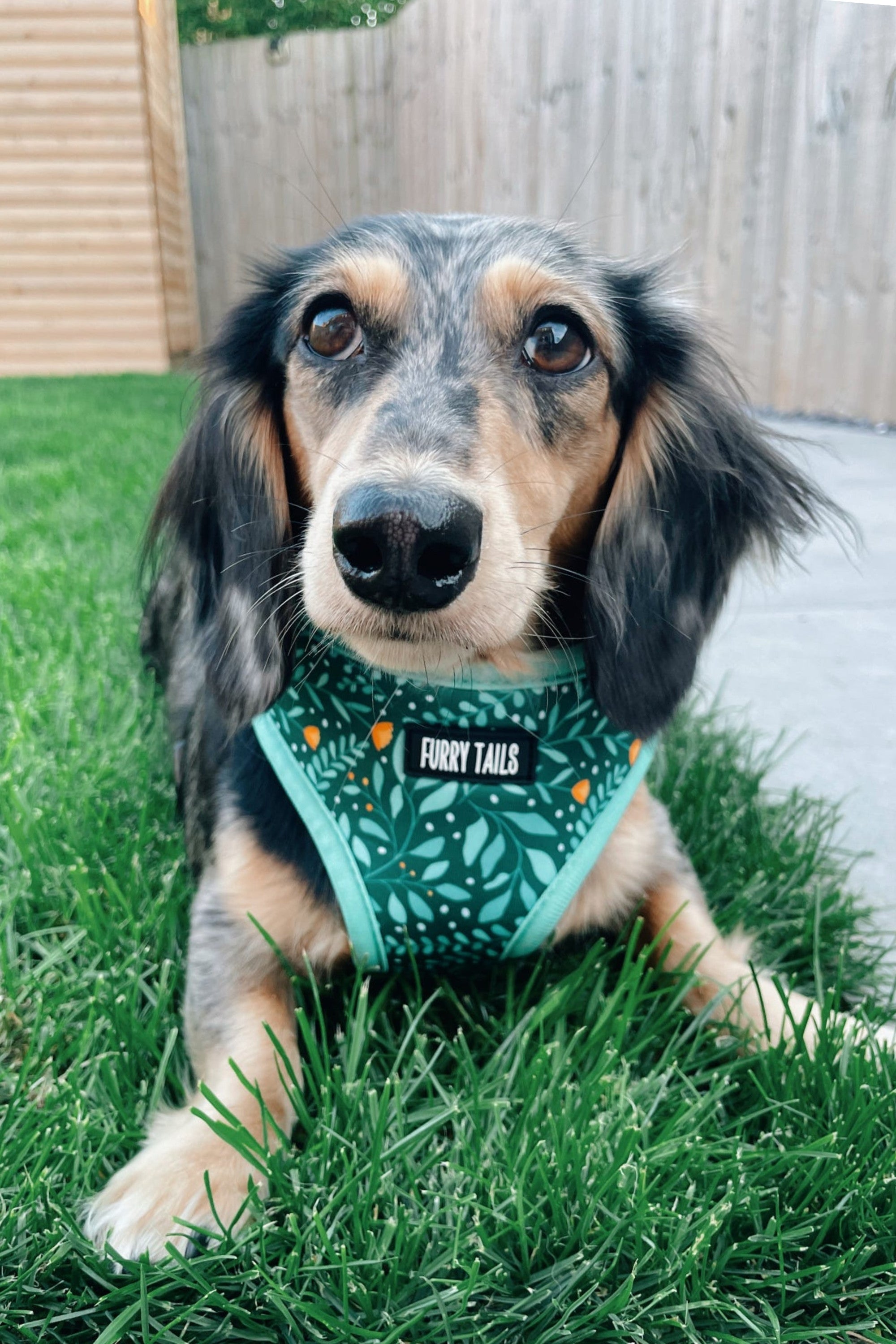Hello to all our devoted dog parents out there! If you've found yourself here, then there's a high chance you're scouring the internet, wondering, "Can dogs eat bananas?" or "What fruits can dogs eat?" or maybe even "Can dogs eat strawberries?" or "What foods dogs shouldn't eat?" If these questions are circling your mind, you're in luck. Here at Furry Tails, we've got your back!
In this post, we aim to serve you with a banquet of knowledge, answering your burning questions about what human foods are safe and beneficial for our beloved dogs to consume. Before we dig in, let's pause for a moment and address why it's essential to understand what human foods dogs can safely consume.
Why it Matters What Human Foods Dogs Can Eat
We've all been there - those puppy dog eyes staring up at you as you're enjoying a meal, and the temptation to share is overwhelming. But the fact is, not all human foods are safe for dogs to consume, and some can even be deadly.
Understanding what foods are safe is paramount for your furry friend's health and wellbeing. Moreover, a balanced diet is a critical component of your dog's overall health. By knowing what human foods dogs can eat, you can provide them with more variety and supplement their diets with nutritious snacks.
Okay, let's stop dilly-dallying and dive into the meaty part of this post (pun intended)!

Can Dogs Eat Bananas?
Bananas, beloved by humans and monkeys alike, are indeed a safe and delicious treat for dogs! Packed with potassium, vitamins B and C, fibre, and other essential nutrients, bananas can be a wholesome treat for your pooch.
Remember, moderation is key - too many bananas can lead to constipation or weight gain due to their sugar content. So, the next time you're tempted to share a banana with your dog, go ahead, but maybe just a few slices.
Curious about other fruity snacks for your dog? Check out our detailed guide on dog nutrition to learn more!
Can Dogs Eat Strawberries?
Ah, the juicy, summery delight of strawberries! Yes, dogs can enjoy strawberries. They are a fantastic source of vitamins C and B9, fibre, and antioxidants.
However, due to their sugar content, they should be given in moderation and always washed thoroughly to remove any pesticides. Strawberries can be a great low-calorie treat for dogs, and they're also known to help whiten your dog's teeth.
Can Dogs Eat Apples?
Apple slices, with the seeds and core removed, make an excellent low-calorie snack for dogs. Apples provide a good source of vitamins A and C, as well as fibre.
They can also help clean your dog's teeth as they chew. Just remember to remove the seeds and core before feeding your dog, as apple seeds contain cyanide, which can be harmful to dogs in large quantities.
Can Dogs Eat Tomatoes?
This is where we need to put our serious hats on. While ripe tomatoes are generally safe for dogs, green tomatoes, stems, and leaves can be harmful.
They contain solanine, a substance that can cause nausea, an abnormal heart rate, muscle weakness, and even seizures in dogs. If you're considering feeding your dog tomatoes, make sure they're ripe and the green parts are removed.
Can Dogs Eat Blueberries?
Blueberries are often referred to as a superfood, and not just for humans! These little berries are packed with antioxidants, fibre, and vitamins C and K, making them a great healthy treat for your furry friend.
They're also a perfect size for a training treat. So yes, dogs can indeed eat blueberries, and they'll benefit from the nutritional punch these tiny fruits pack!
Can Dogs Eat Blackberries?
Blackberries are safe for dogs to eat. They're packed with antioxidants, fibre, and vitamins C and K. Plus, they have the added bonus of being low in calories and sugar, making them a healthier choice compared to some other fruits.
Can Dogs Eat Pineapple?
Pineapple is another dog-friendly fruit that is loaded with vitamins and minerals. This tropical treat is a great source of vitamin C, vitamin B1, potassium, and fibre.
Pineapple also contains bromelain, an enzyme that makes it easier for dogs to absorb proteins. As with other fruits, though, you should serve pineapple in moderation due to its high sugar content.
Can Dogs Eat Watermelon?
Watermelon is a hydrating and low-calorie treat for dogs, but only if the seeds and rind are removed, as these could cause intestinal blockage. Watermelon is full of vitamins A, B6, C, and potassium, making it a refreshing, nutritious snack for your furry friend.
Can Dogs Eat Oranges?
Oranges can be a safe and tasty treat for dogs, but only in moderation. They're an excellent source of vitamin C, potassium, and fibre. However, their high sugar content means they should be given sparingly to avoid upsetting your dog's stomach or contributing to weight gain.

Can Dogs Eat Cucumber?
Yes, cucumbers are safe for dogs to eat and can be a refreshing, hydrating treat, especially on a hot day. They're low in calories and contain beneficial nutrients like vitamins K, C, and B1, as well as potassium, copper, and biotin. Make sure to slice the cucumber into manageable pieces to avoid any choking hazards.
Can Dogs Eat Cheese?
Cheese can be a delicious treat for your dog, but it's important to remember that not all dogs can tolerate lactose. Small amounts of cheese can be a great training tool, but too much can lead to upset stomachs, especially for dogs who are lactose intolerant. It's always best to check with your vet before introducing dairy products into your dog's diet.
Can Dogs Eat Mushrooms?
Some mushrooms are safe for dogs, but others can be highly toxic. Store-bought mushrooms like the ones you would cook with (e.g., button mushrooms) are generally safe for dogs. However, wild mushrooms can be toxic, and it can be difficult to distinguish between safe and toxic varieties. For this reason, it's best to avoid giving your dog wild mushrooms.
Can Dogs Eat Sweetcorn?
Sweetcorn itself isn't harmful to dogs, but the cob can be a choking hazard and, if swallowed, can cause a blockage in your dog's digestive system. So, while the corn kernels themselves are okay, never give your dog the cob.
Can Dogs Eat Broccoli?
Broccoli can be safe for dogs to eat in small quantities and should always be cooked and cut into bite-sized pieces.
While it's packed with vitamins and minerals, broccoli also contains isothiocyanates, which can cause mild to potentially severe gastric irritation in dogs. It should make up less than 10% of your dog's diet.
Can Dogs Eat Pasta?
Dogs can eat plain cooked pasta, but it doesn't offer much nutritional value. Also, given that pasta is high in carbohydrates, feeding your dog too much can contribute to weight gain. Avoid feeding your dog pasta with sauces, as many ingredients, like onions and garlic, are toxic to dogs.
Can Dogs Eat Carrots?
Yes, carrots are an excellent treat for dogs! They're low in calories and higher vitamins and fibre. Carrots can be fed raw, steamed, or even pureed into your dog's food.
They're also a great natural chew toy for puppies teething. So, the next time you're preparing a salad, consider setting aside a carrot for your pooch.
Can Dogs Eat Peas?
Peas can be a good source of vitamins, fibre, and some essential proteins for dogs. You can feed your dog peas, but remember, canned peas often have a lot of added sodium, so it's better to choose frozen or fresh peas, and always ensure they're cooked.

Can Dogs Eat Celery?
Yes, celery is safe for dogs to eat. In fact, It's low in calories and super high in vitamins A, B, and C. It also has the added benefit of potentially helping to freshen your dog's breath! Just be sure to chop it into small, manageable pieces to prevent choking.
Can Dogs Eat Pumpkin?
Pumpkin is another superfood for dogs! It's packed with fibre, vitamin A, and other minerals. It can even help with digestive regularity. Make sure to serve plain, cooked pumpkin, as raw and canned, spiced pumpkin can cause tummy troubles.
Can Dogs Eat Spinach?
Alright, let's chat about spinach. Popeye's favourite is chock full of goodies like vitamins A, B, C, and K, not to mention iron, antioxidants, and beta-carotene. Sounds like a superfood, right?
However, we need to remember to play it safe. Spinach also harbours oxalic acid, which, if gobbled up in large amounts, can be harmful to your dog's kidneys. So, when it comes to treating your pup with spinach, think small and occasional!
Can Dogs Eat Rice?
Cooked white rice can be a good short-term remedy if your dog has an upset tummy and needs a bland diet. Brown rice can also be a part of your dog's regular diet, providing beneficial fibre. Just ensure the rice is cooked thoroughly and served plain.
Can Dogs Eat Zucchini?
Zucchini is a safe and healthy treat for dogs. It's low in calories and high in fibre, vitamins, and minerals. Raw or cooked, zucchini can be a nutritious addition to your dog's diet.
Can Dogs Eat Bell Peppers?
Bell peppers are safe for dogs to eat. They're a fantastic source of vitamins A, E, and C, and are low in calories. However, some dogs may not like the texture or taste of bell peppers, so start with small amounts and make sure you remove the core and seeds.
Foods Dogs Shouldn't Eat
Hold your horses! Just because we've been gabbing about the many foods that get the green light for our canine friends, don't go thinking your entire pantry is up for grabs.
We've got a no-go zone too - chocolate, onions, garlic, avocados, grapes, raisins, alcohol, coffee, tea, and anything sneakily sweetened with xylitol. These are the culinary criminals in the dog world. Unsure about something on your plate?
It's better to be safe so do a quick Google search and you can always have a quick chat with your vet before sharing a new food with your fur baby!

Conclusion
Understanding the types of fruits, vegetables, and other human foods dogs can safely eat is a crucial part of pet ownership. It's not just about indulging those pleading eyes that stare at you while you're eating. It's about ensuring the longevity and vitality of our furry friends. While treats can enhance our pets' diets, it's essential to balance these with high-quality dog food and always to consult with a vet about dietary concerns.
Need a helping hand navigating the delightful whirlwind that is dog ownership? Take a breath, we've got you covered! Check out our exhaustive 'New Puppy Checklist.' It's your ultimate survival guide to ensure you're not just surviving but totally nailing this dog-parent gig. Let's do this, together!
FAQ Zone
-
So, is it a 'yes' or a 'no' for feeding my dog fruits and veggies? Absolutely yes! A ton of fruits and veggies get the green light for your pup's palate. But remember, not all of them are your dog's best pals. Some could be party poopers. So, do your homework before tossing that fruity snack to your four-legged friend.
-
What's the limit on the fruit serving for my dog? Picture fruits as the sprinkles on the doughnut - just a small fraction of your dog's diet. Always start with tiny taste tests to make sure your fur baby is all thumbs up, with no icky reactions.
-
Raw veggies for dogs - yay or nay? A big yay for many! However, some veggies like carrots do their magic better when cooked. A little heat helps your dog digest them with ease.
-
Can my dog be a vegetarian? Well, dogs could switch to the leafy green side, but it's quite a task ensuring they scoop up all the nutrients they need. So, if you're contemplating a vegetarian diet for your buddy, ring up your vet and map it out.
-
How about grains for dogs? Yes, indeed! A variety of grains, including rice, oatmeal, and quinoa, can make a fine dining experience for your dog and contribute to a balanced diet.

And with that, we're winding up our ultimate guide to the 'Can dogs eat...?' saga. But remember, just as we are, every dog is unique too. What tickles one dog's taste buds might not sit well with another. When in doubt, your vet is just a call away. For more useful doggy nuggets, check out our other blog posts.
Remember, the beautiful bond with our dogs is not just about frolics in the park or snuggles on the sofa. It's also about taking care of their well-being, about understanding their nutritional needs. So, let's make every meal count, one safe human food at a time!
If you found this guide useful, consider exploring our extensive collection of dog accessories on Furry Tails. From adjustable harnesses to dog collar materials, we’ve got you covered.
Stay informed, stay vigilant, and enjoy the wonderful journey of pet parenthood.
Stay paw-sitive, and happy feeding!
